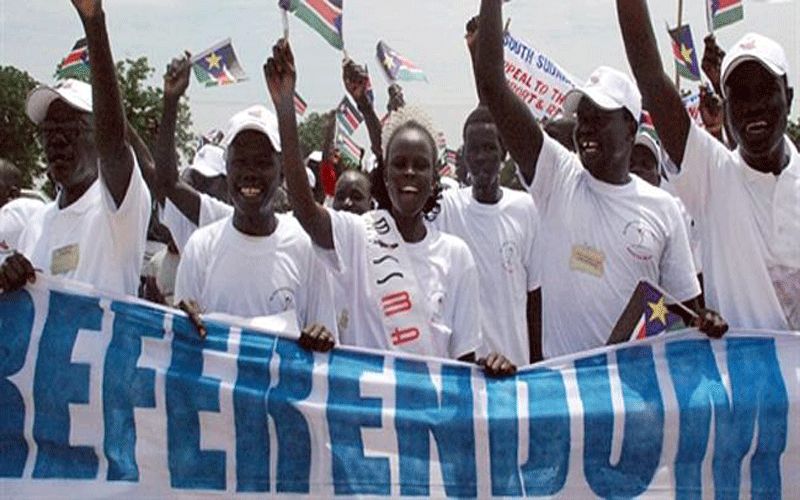Torit, 10 December, 2019 / 9:38 am (ACI Africa).
Weeks after a South Sudanese Bishop recommended that the controversy around boundaries and the number of states in his country be resolved through engaging citizens in a poll, the Government of the world’s youngest nation announced Friday, December 6 that the divisive issue of states will require a referendum, a move the Bishop has once again welcomed.
“I think the question of going for referendum to solve the question of states is a good solution. Let our people decide,” Bishop Stephen Ameyu of South Sudan’s Torit diocese told ACI Africa in an interview Monday, December 9.
Bishop Ameyu added in reference to the proposed referendum, “For me I would stand for that; let us go for a referendum.”
South Sudan’s minister of Cabinet Affairs, Martin Elia Lomoro has been quoted as telling journalists in Juba on Friday that while the vice-president designate Riek Machar favors reverting to a 10-state government structure, President Salva Kiir “and one group of the opposition umbrella support the 32 states on the ground that dissolving them will cause crises or insecurity that will dismantle the stability of the country and implementation of the peace process.”
Considering this lack of consensus about the number of states and their respective boundaries and being one of the critical outstanding issues that caused the second extension of the formation of a unity government alongside security arrangements, Lomoro said a referendum vote would be used to resolve the stalemate.








